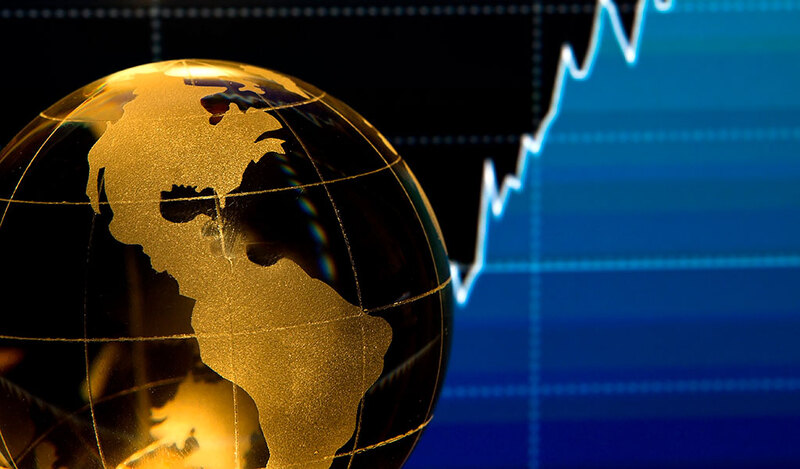Saturday, July 29, 2023

The International Monetary Fund (IMF) raised its prediction for global economic growth this year to 3%. Increased post-pandemic travel contributed to the 0.2% rise from April’s projection. The expected rise also includes a solid job market and services sector.
However, the IMF warned that rising consumer prices and higher interest rates remained threats in rich countries.
China’s fragile economic recovery was also one of the most significant concerns on the horizon.
The IMF’s head economist, Pierre-Olivier Gourinchas, told the BBC that the pandemic’s recovery is still having an effect. He stated that demand for services, going out, and travel and tourism showed “strong resilience” in the first three months of 2023.
“Those countries [that] are tourist destinations have done relatively well. Those countries [that] are more manufacturing hubs have done maybe a little bit less strongly,” Mr Gourinchas added.
According to the International aviation Transport Association, worldwide aviation traffic continued to improve in May, hitting 96.1% of pre-covid levels. The IMF, on the other hand, believes that there is little opportunity for further recovery in tourism-dependent economies in southern Europe, some of which have been severely affected by wildfires.
This year, so-called emerging economies such as China and India are expected to develop at the greatest rates, while mature economies such as Europe and the United States will grow at a slower rate.
The United Kingdom has had one of the largest increases in growth since the latest projections in April, with the IMF reconfirming May’s assumption of 0.4% growth rather than a 0.3% drop.
According to the IMF, this reflects stronger-than-expected consumption and investment from the confidence effects of falling energy prices as well as “lower post-Brexit uncertainty.”
However, it means that the UK’s growth will be the second poorest in the G7 group of major economies, with only Germany performing worse, with a 0.3% drop forecast.
Because increasing costs have caused consumers to cut down on spending, the Eurozone’s largest economy is already in recession.
Mr Gourinchas urged central banks to do all possible to keep surging consumer prices, known as inflation, under control.
The Federal Reserve of the United States, the Bank of England, and the European Central Bank are all still some way from meeting their 2% inflation objectives.
Banks have raised interest rates in order to make borrowing more expensive and to slow the economy. Interest rates are now at their highest level since before the 2008 global financial crisis.
Both the US Federal Reserve and the European Central Bank are largely expected to raise borrowing costs again this week.
As the country’s anxious recovery from the epidemic proceeds, there is continuous uncertainty as a result of lingering debt difficulties in China’s housing market.
The IMF warns that the fate of China, the crisis in Ukraine, inflation, and the increasing cost of borrowing money are among the most serious risks confronting the global economy.
Although the global economy’s prognosis is improving, it remains below the 3.8% average recorded between pre-pandemic 2000 and 2019.
Sunday, April 28, 2024
Sunday, April 28, 2024
Sunday, April 28, 2024